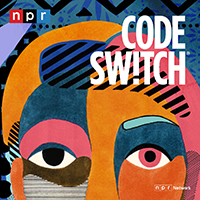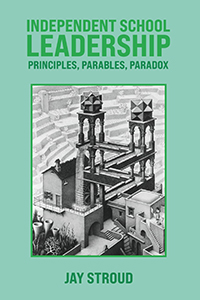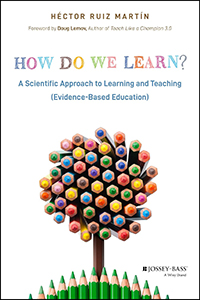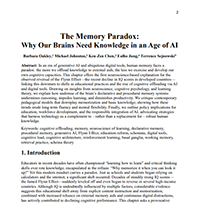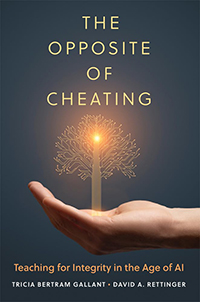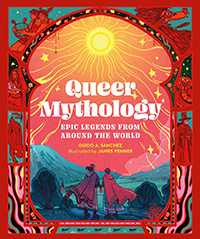In our society, is joy a luxury or an act of defiance? NPR's recent Code Switch episode asserts that, especially for marginalized communities, pursuing and expressing joy can be a necessary form of resistance — among other things. While exploring historical and current contexts, the podcast hosts reframe joy continuously. More than fleeting happiness, it is an affirmation of humanity, resilience, and cultural survival. And, for Black and Brown communities, the cultivation of joyful spaces — through art, music, communal gatherings, and everyday acts of living — has served throughout history as a counter-narrative to oppression. As the podcast reiterates, joy is also not justice. Listeners are invited to begin to think of joy as healing and community building, rather than an absence of hardship. For school leaders and educators, this podcast can encourage an evaluation of community cultures and prompt reflection on how our environments either foster or inadvertently suppress expressions of joy. Celebrating joy in all its forms might just be a pathway to cultivating genuinely inclusive, resilient, and human-centered learning communities.


